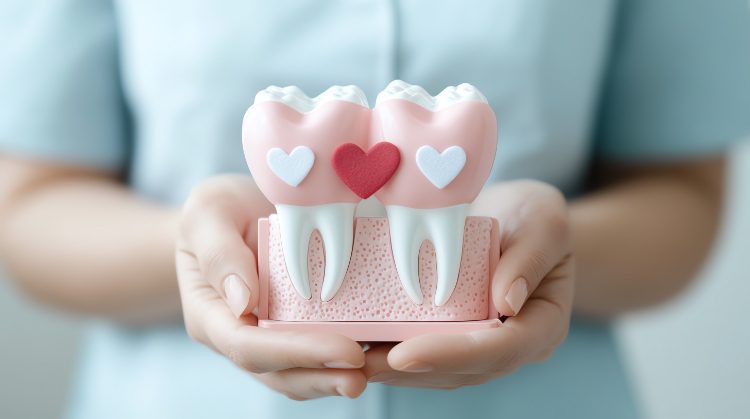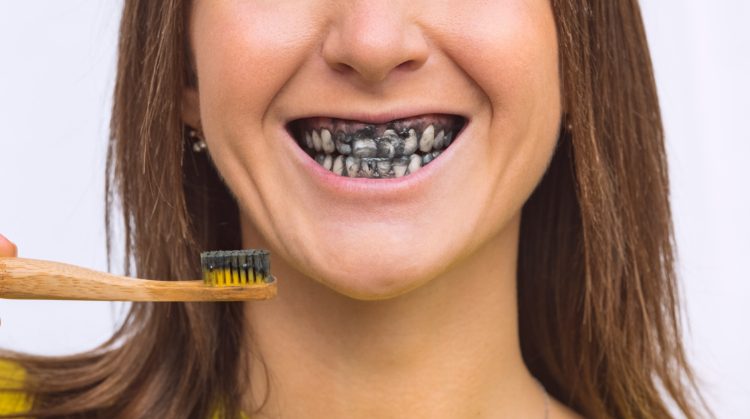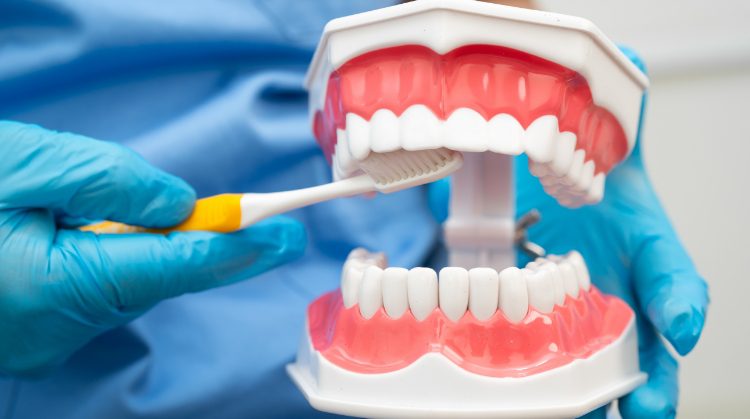
According to the U.S. Census Bureau, approximately one in five Americans have an intellectual or physical disability. For those with disabilities, dental care can be a three-part problem. Access to dental care can be extremely challenging since many insurance plans either don’t cover it or provide limited dental coverage; finding a dental provider that offers care geared toward those with a disability can be difficult; and finally, caring for the oral hygiene of people with disabilities at home on a daily basis comes with many obstacles.
Dental Care for Disabled Adults
Many patients with disabilities are unable to handle the stresses of a dental appointment and for their safety do better under anesthesia. These procedures can be costly, and for those with a disability, money is often a huge barrier to care.
Medicaid doesn’t always pay for dental health care, and even when it does there are usually still financial burdens for the patient or the patient’s family. This can be a serious problem when it comes to finding and affording professional dental health care for patients with a disability.
Dentist for Disabled Adults
Many patients with intellectual or behavioral disabilities have trouble understanding a dental visit. This can cause anxiety, fear and an inability to handle the experience as a whole. In addition, patients who are wheelchair bound are not always comfortable being moved from their chair to the dental chair. For these reasons, finding a provider with experience caring for disabled patients can be a valuable resource.
Dr. Amy Norman, DDS, treats disabled patients at her practice in Everett, Washington.
“I have many wheelchair-bound patients,” said Norman, “and we have a room designated to treat them where they can stay in their chair. This is especially important for the quadriplegic patient.”
Norman focuses on making her practice feel like anything but a dental office.
“We bake fresh bread in the morning so our office smells amazing, and we don’t wear the traditional white dental coats,” she said. “We want people to feel comfortable in our office, so we try to shed all of those stereotypical dental ideals.”
At-Home Dental Care for the Disabled
One of the biggest concerns many caregivers for the disabled have when it comes to oral health is a regular at-home routine. Brushing and flossing can be a big challenge for patients depending on the type and severity of the disability.
The American Dental Association offers a few tips if dexterity is a challenge:
– Make the handle of the toothbrush larger by attaching a tennis ball, bicycle handle grip or other device that is comfortable in the hand.
– Floss can be tied in a loop to make it easier to hold.
– Electric toothbrushes may be easier for those with dexterity concerns.
For caregivers who take care of the daily oral hygiene needs of patients, the ADA offers these tips:
– Choose an environment the person is already comfortable in; brushing and flossing do not have to be done in the bathroom.
– Talk through each step before you do it so they know what to expect.
– Move in a slow, calm manner and give verbal praise and reinforcement.
– Talk to your dentist about a mouth prop if the person has difficulty keeping their mouth open.
“The most important part of all of this is that every person gets the care they need and deserve,” said Norman.



